
Caregivers
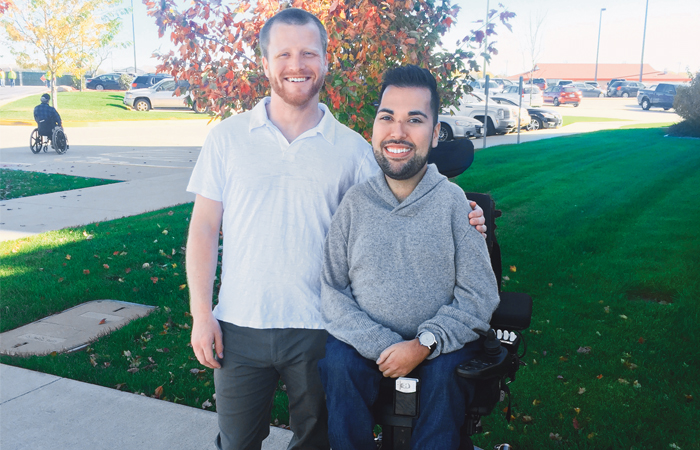
Caregiving: Choosing with Care
Amid the wave of anxiety and emotion that can accompany living with a neuromuscular disease, Bill and Sharon Sumner saw a few things clearly the day they learned of Sharon’s ALS diagnosis. “I knew we would keep her at home, and I knew I would be the one to take care of her,” Bill says. The Sumners were in a prime position to make such choices. Having sold his successful manufacturing business, Bill had the time to devote to his wife and the money to hire personal care attendants (PCAs) as her condition progressed. But for many families, when a diagnosis is made or a disease progresses to the point where daily care is needed, the decision isn’t as clear-cut. Financial means, work schedules, family dynamics and the extent of a support system are among the many factors that go into planning in-home care.
Read More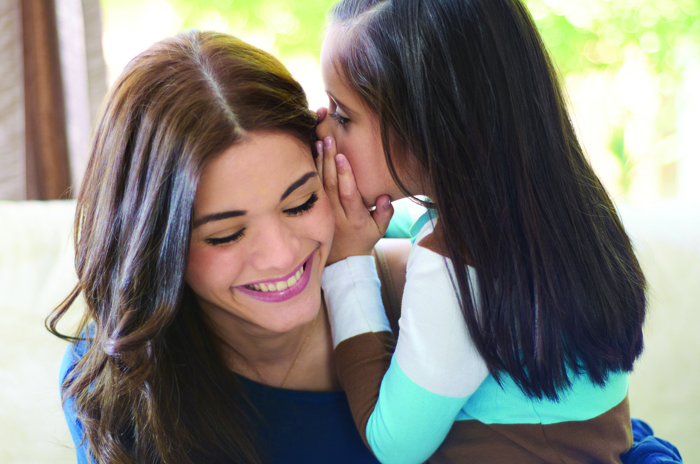
In Good Hands
All parents need time to themselves, but for BJ Mirabile of Winchester, Mass., finding child care for her daughter Katie, who has spinal muscular atrophy (SMA), often proved difficult. “When she was younger, we had some neighborhood sitters and sitters through early intervention,” Mirabile says. But early intervention services are for babies and toddlers with developmental delays or disabilities. Now Katie is older, and she uses a power wheelchair, BiPAP (bilevel positive airflow pressure) machine and MIC-Key gastric feeding tube.
Read More
The Heart of Care
When a couple vows to share their lives — whether or not they express that commitment before an authorized officiant — there’s a traditional phrase that holds particular pertinence when one partner is both mate and primary caregiver for the other. It’s the line about loving one another for better, for worse, for richer, for poorer, in sickness and in health.
Read More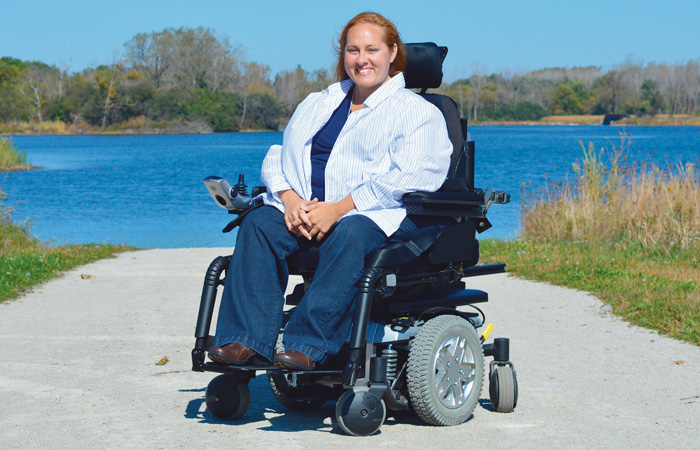
From Self-Denial to Self-Acceptance
I was diagnosed with spinal muscular atrophy (SMA) at 18 months. I was pretty fortunate that my doctors said that I looked strong, and the quality of my life would be determined by every milestone I surpassed. However, they couldn’t foresee how I’d react to my own disability throughout life. When I was young, all I wanted was to be what I considered “normal” or “typical.” I wanted to be like everyone else. With that said, I was blessed with two parents and other special people in my life who always told me I was beautiful, I could be anyone I wanted to be, and my disability never had to define me because I could define it. But my own voice said differently.
Read More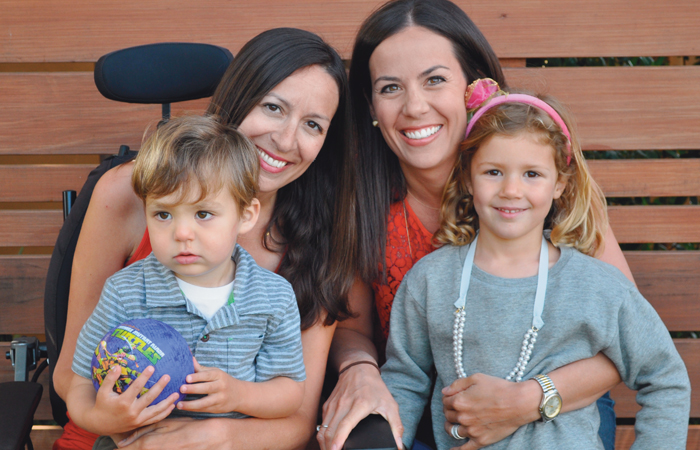
My Brother's (or Sister's) Keeper
In a small Detroit apartment, Sam Barash, 32, lives with and cares for his 20-year-old, soon-to-be 21, sister, Angela Barash, who is living with myotonic muscular dystrophy and myasthenia gravis. For a year now, Sam’s been his sister’s primary caregiver, waking her every four hours for medication, fixing her meals, helping her get dressed and doing everything possible to make Angela comfortable.
Read More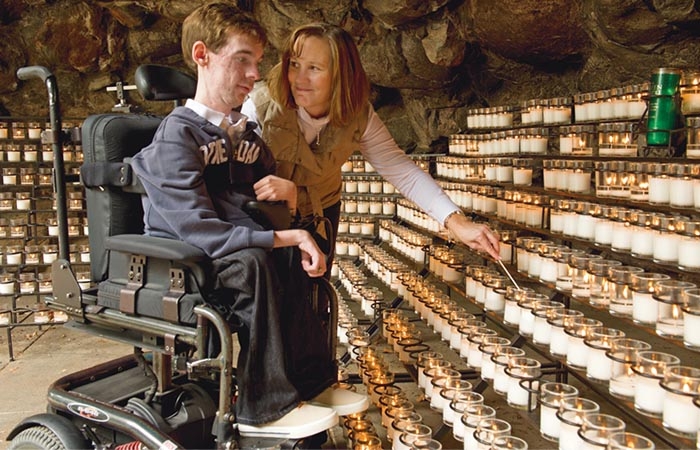
Caring for the Caregivers
“If I was down, who was going to take care of him?” This question nagged at Josie Rose of Texas, as a lingering bout with the flu kept her from taking care of her husband, Rick, who at the time was living with amyotrophic lateral sclerosis (ALS). The flu that laid her flat also opened her eyes. She realized that she couldn’t do it all for him, not all the time anyway. So she finally asked their four adult children for help, and they began to pitch in. Their only question for Josie was, “How have you done all this by yourself?”
Read More
Preventing and Dealing with Theft by Hired Caregivers
Without the help of my paid caregivers, I can’t get out of bed. I put my life in their hands every day, and that’s why it was such a slap in the face when one of my aides stole my work laptop.It’s been well-documented that individuals with disabilities are victimized by crime, including burglary/theft, at much higher rates than the rest of the population. In fact, we’re often targeted specifically because of our disabilities.
Read More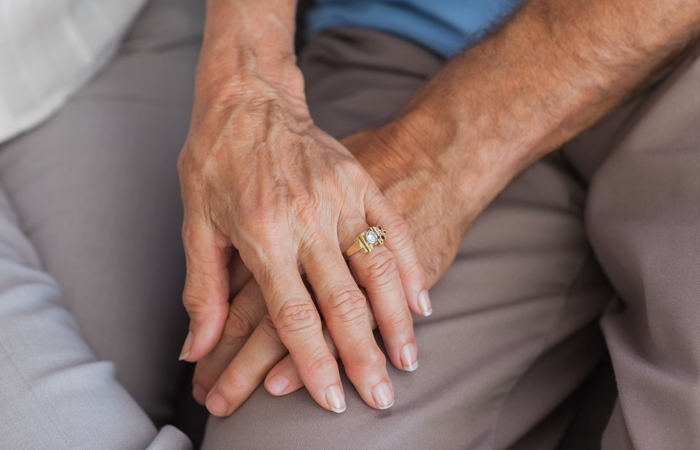
Special Caregiver Feature: Walking the Line Between Caregiver and Life Partner
After nine years of courtship, my partner Richard and I are discussing The Future. Children, marriage and home ownership are now notching out deeper spaces in our daily dialogue.Like many couples, we’re both scared of The Future. We’re concerned we won’t be fully equipped for what may come — those ripples that may make life a little more difficult. We’ve already experienced hardships that we’ve routed by the skin of our teeth. Despite the courage we possess individually and as a unit, though, we still fear that which we can’t predict.
Read MoreService Monkeys Lend a Helping Hand
A guy rolls into his kitchen with a monkey on his shoulder … No, it's not the beginning of a really bad joke but an everyday occurrence for Michael Townsend of Baltimore, who received his monkey helper, Kathy, in 2007 from Helping Hands: Monkey Helpers for the Disabled. Townsend, 45, who has Duchenne muscular dystrophy and uses a power wheelchair, is one of more than 160 people across the country who has received a monkey helper free of charge from Helping Hands.
Read More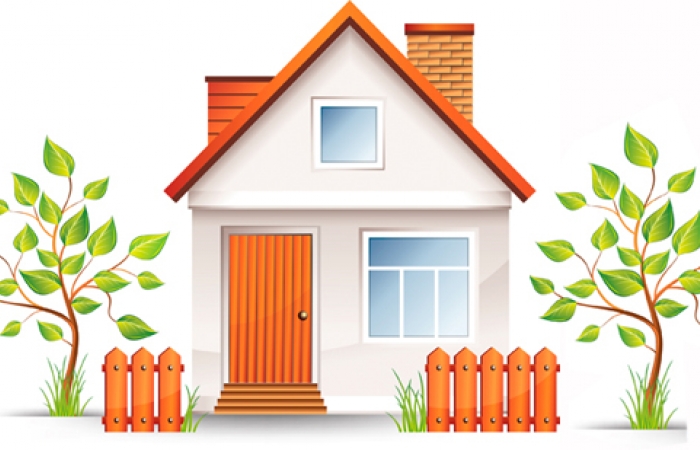
Getting Care: There’s No Place Like Home
Jeff Stafsholt is a Green Bay Packers fan second to none. Like the Wisconsin football champs, he has a winning attitude and a “never give up” mindset. To help manage the effects of limb-girdle muscular dystrophy, Jeff has a team of home care professionals who assist the 34-year-old as he independently quarterbacks his life.
Read MoreMDA Resource Center: We’re Here For You
Our trained specialists are here to provide one-on-one support for every part of your journey. Send a message below or call us at 1-833-ASK-MDA1 (1-833-275-6321). If you live outside the U.S., we may be able to connect you to muscular dystrophy groups in your area, but MDA programs are only available in the U.S.
Request Information